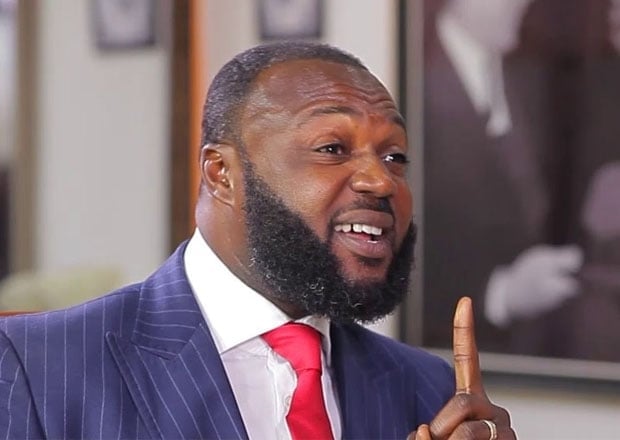The case of Ato Essien, the former founder of Capital Bank, raises significant concerns regarding financial misconduct and its repercussions for the nation and its citizens. Here’s an overview of the key details surrounding his legal situation:
1. Capital Bank faced severe financial distress, prompting the Bank of Ghana to provide a refinancing package amounting to GH₵620 million to stabilize the institution.
2. Ato Essien took GH₵120 million from these taxpayer-funded resources to establish a new financial institution, Sovereign Bank Ltd.
3. Furthermore, he misappropriated GH₵90 million from the refinanced capital. Prosecutor documents indicate that he resorted to extreme measures, including using a jute bag to withdraw funds from Capital Bank.
4. Following the discovery of his fraudulent activities, the Bank of Ghana pursued action through the Attorney General. Essien initially avoided imprisonment by entering a plea agreement under Section 35 of Ghana’s Courts Act, which could allow non-custodial sentences if restitution is fulfilled.
5. As part of this plea deal, Essien agreed to repay the full amount of GH₵90 million by December 2023, with the repayment structured as follows: GH₵30 million was paid upfront in December 2022.
6. The remainder of GH₵60 million was to be paid in three equal installments, due on April 28, August 31, and December 15, 2023.
7. However, he failed to meet the first payment of GH₵20 million payment due on April 28, 2023, and subsequently paid only GH₵7 million of the outstanding GH₵40 million by October 12, 2023. This failure to comply with the payment conditions resulted in a custodial sentence, as it violated Section 35(7) of the Courts Act, 1993 (Act 459), which stipulates that failure to fulfill restitution conditions leads to imprisonment.
8. In the court’s ruling, Justice Eric Kyei Baffuor noted that Essien had exploited the bank for personal gain, squandered funds without regard for depositors, and exhibited “sheer greed” in his deceitful attempts to launch Sovereign Bank Ltd.
9. An opportunity for early release exists; if Essien pays the outstanding amount of GH₵53 million, he could secure his freedom sooner.
10. This situation underscores the plight of many disadvantaged Ghanaians who remain incarcerated for lesser offenses, suffering from chronic diseases such as hypertension, cancer, and diabetes, often without the means to access proper medical care. Some have had permanent deformities like blindness and amputation. These individuals have not committed crimes on the same scale as Essien, whose actions deprived the community of funds that could have been invested in public services like healthcare and education.
11. The question remains: Should an individual found guilty of significant financial misconduct be considered for pardon? Many argue that he should serve his full sentence as accountability for his actions. Ato Essien needs no pardon because he has caused a lot of harm to his poor customers, the nation, and his workers.
The Proud Asante Traditionalist


